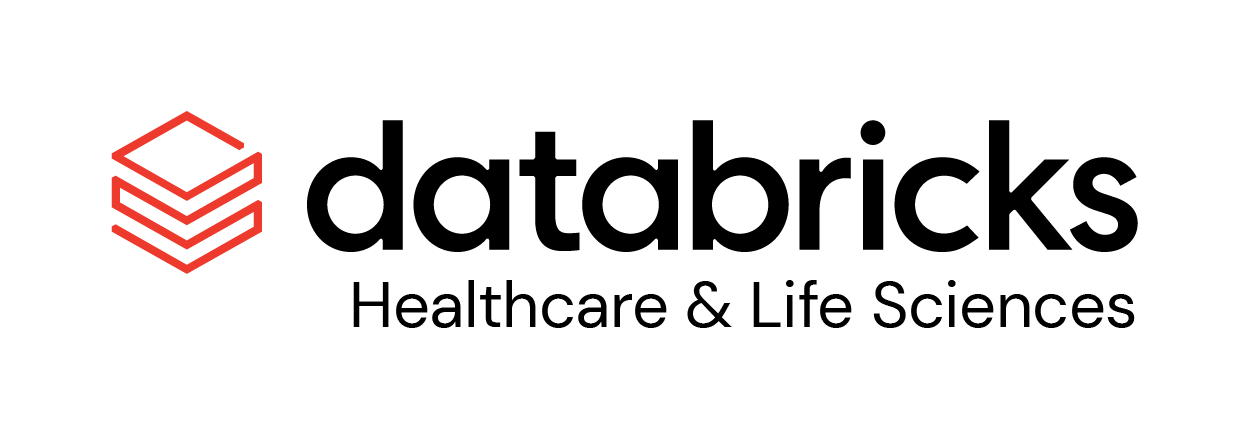
DICOM® — Digital Imaging and Communications in Medicine — is the international standard for medical images and related information. It defines the formats for medical images that can be exchanged with the data and quality necessary for clinical use.
DICOM® is implemented in almost every radiology, cardiology imaging, and radiotherapy device (X-ray, CT, MRI, ultrasound, etc.), and increasingly in devices in other medical domains such as ophthalmology and dentistry. With hundreds of thousands of medical imaging devices in use, DICOM® is one of the most widely deployed healthcare messaging Standards in the world. There are literally billions of DICOM® images currently in use for clinical care.
Since its first publication in 1993, DICOM® has revolutionized the practice of radiology, allowing the replacement of X-ray film with a fully digital workflow. Much as the Internet has become the platform for new consumer information applications, DICOM® has enabled advanced medical imaging applications that have “changed the face of clinical medicine”. From the emergency department, to cardiac stress testing, to breast cancer detection, DICOM® is the standard that makes medical imaging work — for doctors and for patients.
DICOM® is recognized by the International Organization for Standardization as the ISO 12052 standard.
Relibly turn millions of image files into SQL accessible metadata, thumbnails; Enable Deep Learning
- Use
dbx.pixelspython package for simplicity- Catalog your images
- Extract Metadata
- Visualize thumbnails
- Scale up Image processing over multiple-cores and multiple worker nodes
- Delta Lake & Delta Engine accelerate metadata analysis.
- Scales well maintained 'standard' python packages
python-gdcmpydicom
- tags: dicom, dcm, pre-processing, visualization, repos, sql, python, spark, pyspark, package, image catalog, mamograms, dcm file
# imports
from dbx.pixels import Catalog # 01
from dbx.pixels.dicom import * # 02
# catalog all your files
catalog = Catalog(spark) # 03
catalog_df = catalog.catalog(<path>) # 04
# extract the Dicom metadata
meta_df = DicomMetaExtractor(catalog).transform(catalog_df) # 05
# extract thumbnails and display
thumbnail_df = DicomThumbnailExtractor().transform(meta_df) # 06
# save your work for SQL access
catalog.save(thumbnail_df) # 07Python Class Diagram
classDiagram
class Transformer {
+transform(df): DataFrame
-_with_path_meta(): DataFrame
}
Transformer <|-- DicomMetaExtractor
Transformer <|-- DicomThumbnailExtractor
Transformer <|-- DicomPillowThumbnailExtractor
Transformer <|-- DicomPatcher
Transformer <|-- PathExtractor
Transformer <|-- TagExtractor
PathExtractor: -check_input_type()
TagExtractor: -check_input_type()
DicomMetaExtractor: -check_input_type()
DicomMetaExtractor: -_transform(DataFrame)
DicomThumbnailExtractor: -check_input_type()
DicomThumbnailExtractor: -_transform(DataFrame)
DicomPillowThumbnailExtractor: -check_input_type()
DicomPillowThumbnailExtractor: -_transform(DataFrame)
DicomPatcher: -_transform(DataFrame)
PathExtractor: -_transform(DataFrame)
TagExtractor: -_transform(DataFrame)
DicomMetaExtractor --> Catalog
DicomMetaExtractor ..> dicom_meta_udf
DicomThumbnailExtractor ..> dicom_matplotlib_thumbnail_udf
DicomPillowThumbnailExtractor ..> dicom_pillow_thumbnail_udf
DicomPatcher ..> dicom_patcher_udf
dicom_meta_udf ..> pydicom
dicom_matplotlib_thumbnail_udf ..> pydicom
dicom_pillow_thumbnail_udf ..> pydicom
dicom_patcher_udf ..> pydicom
pydicom: +dcmread(fp)
class Catalog {
Catalog(path, table):Catalog
+catalog(path): DataFrame
+load(): DataFrame
+save(df)
}
ER Diagram
%%{init: { 'logLevel': 'debug', 'theme': 'forest' } }%%
erDiagram
object_catalog
object_catalog {
bigint rowId PK "Generated unique id found when cataloging"
string path "Absolute path to Object file"
timestamp modificationTime "modification timestamp of object as found on cloud storage"
bigint length "bytes of object file"
string relative_path "Relative to cataloging base path"
string local_path "Translated path used by python UDFs"
string extension "last few characters following last dot"
array_string path_tags "Path split by common file name separators"
string meta "JSON string of File header metadata"
boolean is_anon "'true' if access to storage has no credentials"
binary thumbnail "binary or struct<<origin:string,height:int,width:int,nChannels:int,mode:int,data:binary>"
}
author: Douglas Moore
email: douglas.moore at databricks dot com
date: November 18, 2022
To run this accelerator, clone this repo into a Databricks workspace. Attach the RUNME notebook to any cluster running a DBR 10.4 LTS or later runtime, and execute the notebook via Run-All. A multi-step-job describing the accelerator pipeline will be created, and the link will be provided. Execute the multi-step-job to see how the pipeline runs. The job configuration is written in the RUNME notebook in json format. The cost associated with running the accelerator is the user's responsibility.
© 2022 Databricks, Inc. All rights reserved. The source in this notebook is provided subject to the Databricks License [https://databricks.com/db-license-source]. All included or referenced third party libraries are subject to the licenses set forth below.
| library | purpose | license | source |
|---|---|---|---|
| dbx.pixels | Scale out image processong Spark | Databricks | https://github.com/databricks-industry-solutions/pixels |
| pydicom | Reading Dicom file wrapper | MIT | https://github.com/pydicom/pydicom |
| python-gdcm | Install gdcm C++ libraries | Apache Software License (BSD) | https://github.com/tfmoraes/python-gdcm |
| gdcm | Parse Dicom files | BSD | https://gdcm.sourceforge.net/wiki/index.php/Main_Page |
| s3fs | Resolve s3:// paths | BSD 3-Clause | https://github.com/fsspec/s3fs |
| pandas | Pandas UDFs | BSD License (BSD-3-Clause) | https://github.com/pandas-dev/pandas |



